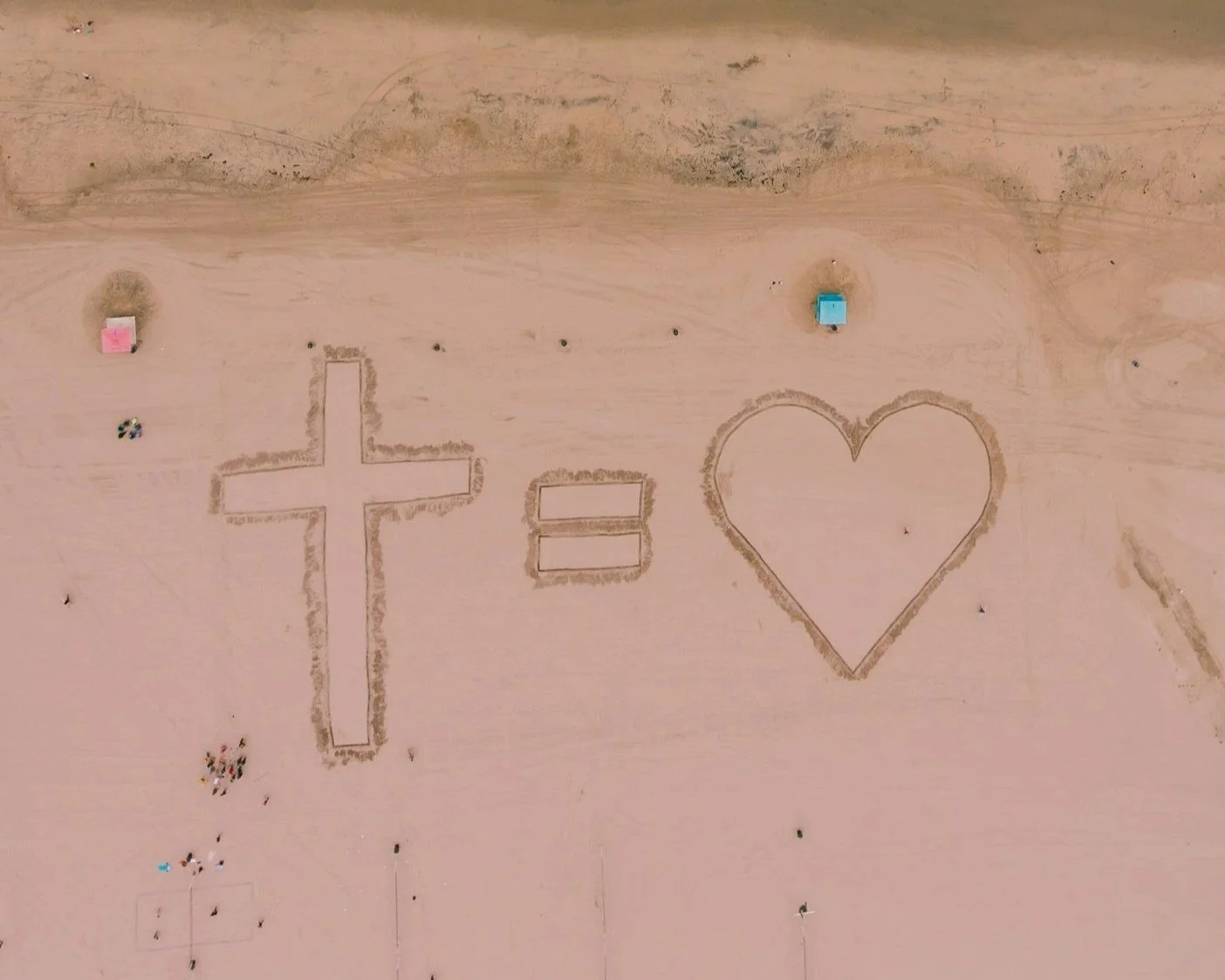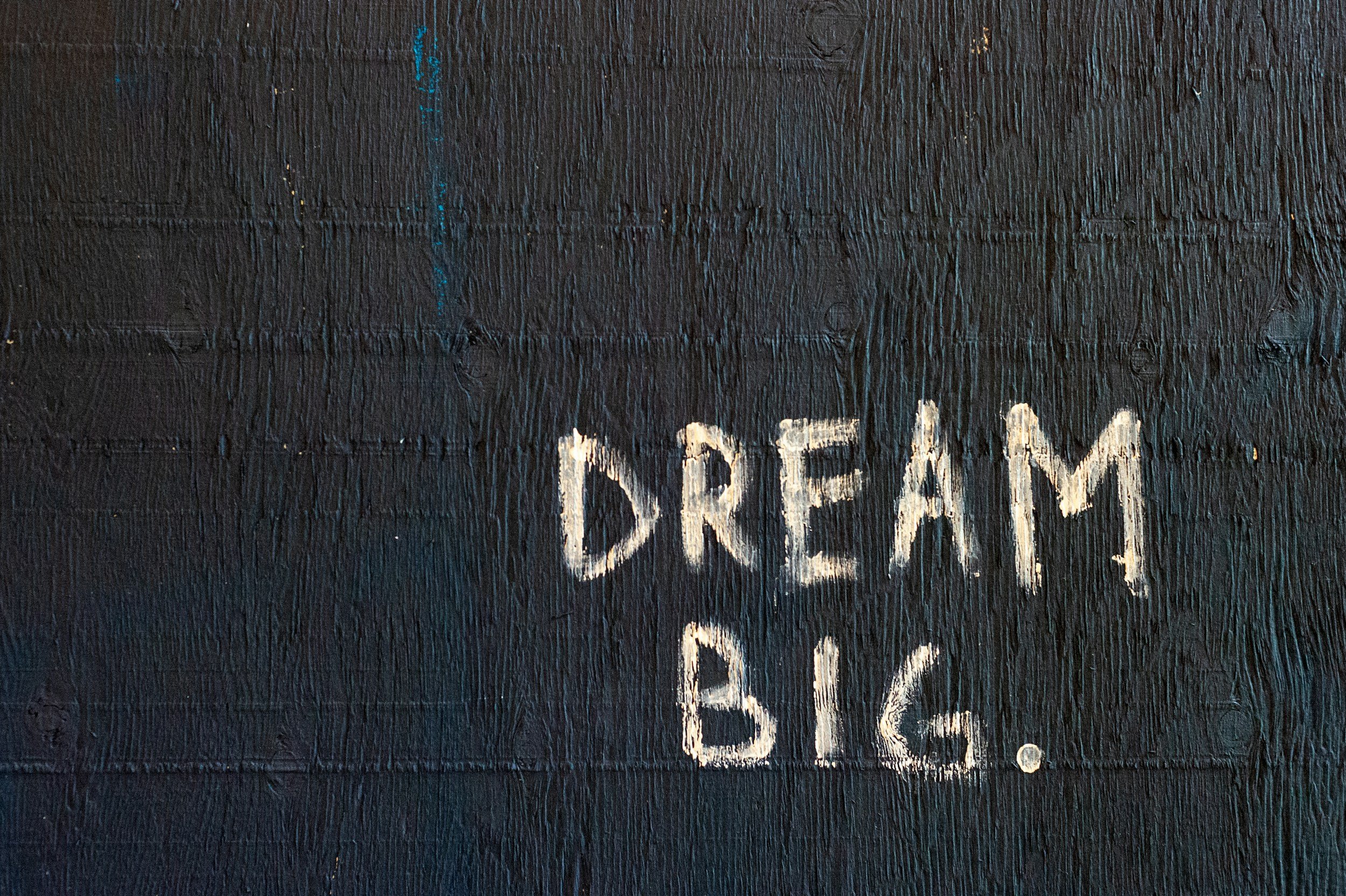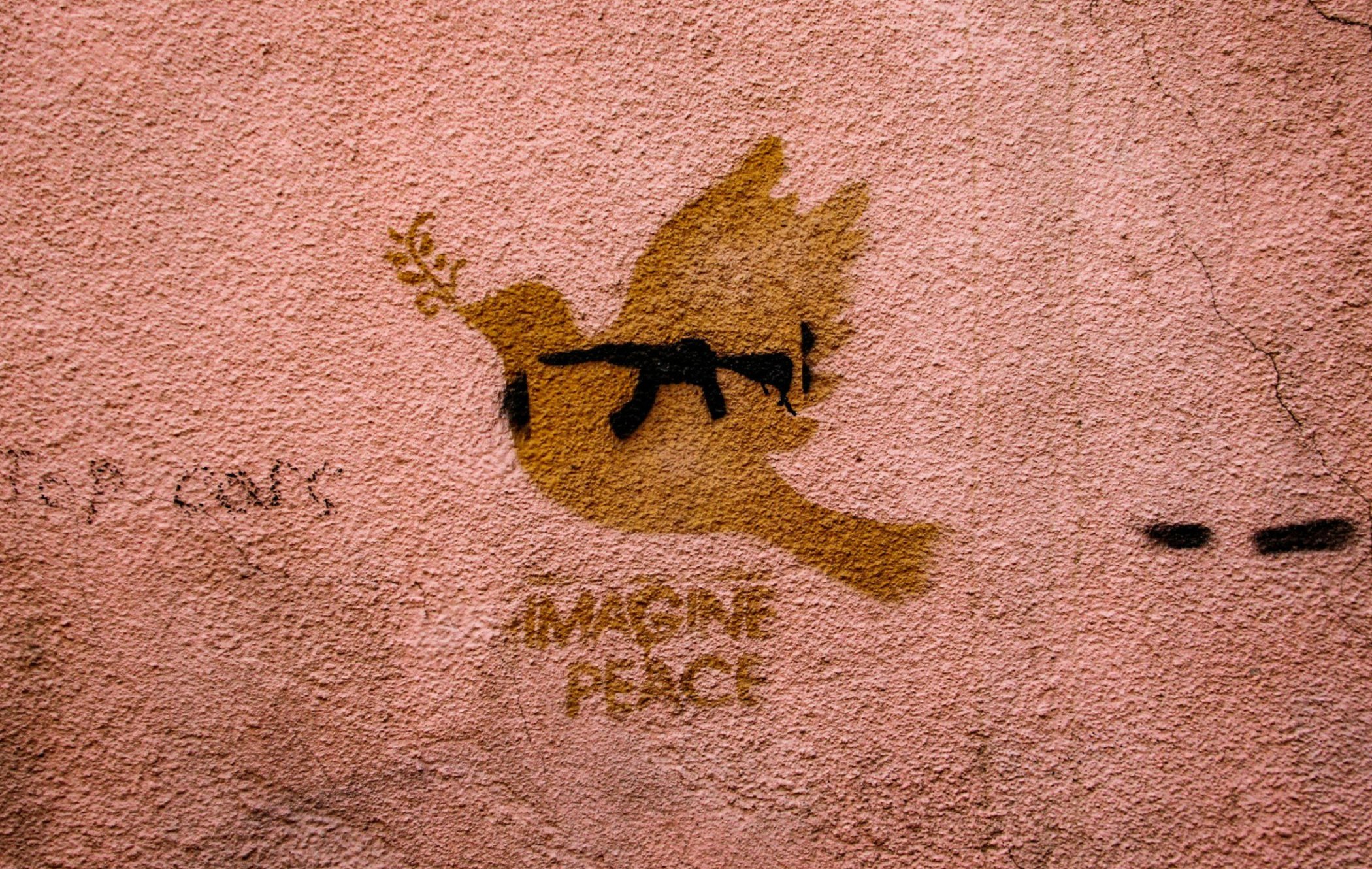When There is No Hollywood Ending
by Andy Larsen
It was around 5:45 a.m. when I read the article by Ali Mokdad: The World Didn’t Fall When the Help Left, posted on LinkedIn by my friend Judy Anderson. The piece reflects on aid workers in Africa—particularly in places like eastern Congo—and what happens when international help leaves and the spotlight fades. The same question echoes in Gaza today.
Even before reading it, I’d been thinking about the Western craving for what I sometimes call a Disneyland ending—a curated, comforting wrap-up to hard stories. The kind where you exit through the gift shop, your conscience soothed. But Mokdad's piece offered no such illusion.
It shook something loose in me—not because the story was dramatic. Quite the opposite. It was quiet, clear-eyed, and honest. The kind of story that refuses to giftwrap a hard reality, that resists the urge to tie it up with a bow. The kind that simply says, "We’re still here—even if USAID or other patrons are not."
That phrase could just as easily be spoken by my friends in the West Bank. Or the medics and journalists in Gaza—if there are any left. Or any of us who keep doing the work even when the funds run out, the churches step back, and the spotlight moves on.
I'm in one of these moments. Bear with me as I try to unpack what it feels like when people abandon the ones we care about—or the work we do to stand alongside them.
A little over a year ago, I was on a call with Daniel Munayer, executive director of Musalaha, a ministry of reconciliation rooted in Jesus and based in Jerusalem. We were asking him what hope looks like when you're surrounded by despair. Gaza was being bombed again. The situation was horrific. And Daniel didn’t point to a resolution or a path forward that landed easily on the listeners. He simply said:
“I see God in the medical workers and ambulances rushing into the scene of a bombing—not running away from it for their own safety.”
That line has haunted me ever since. Because hope, in the Western imagination, is often packaged as a destination. A goal achieved. A victory won. But in places like Gaza—and sometimes in my own work—hope is just showing up. It’s going toward the rubble, not away from it.
That is, quite literally, the opposite of what David Bosch named in his critique of the Western church’s difficulty in offering anything other than a Hollywood ending.
He wrote in A Spirituality of the Road:
"We, too, have been tempted to present the gospel as a happy-ending religion. A missionary on furlough complains: 'Our audiences at home demand Hollywood endings.' The problem is that too often we have spoiled them by supplying them with just that. The missionary enterprise has become indissolubly fused with the ethic of capitalism. In everything we undertake we think in the categories of success, of yield and dividends, and we have transposed that to our missionary enterprise as well. We feel terribly embarrassed when we cannot report tangible results, when miracles do not happen on our mission field the way they do happen on others, when the spectacular appears to be completely absent in our work and only dreariness seems in evidence."
That reflection hits especially hard today—because we are living in a moment when, once again, the Western experts, the expats, the patrons are leaving. And the world is watching to see what remains when the cameras go dark.
What happens when your calling starts to diverge from the positions of the church that once sent you? When quiet celebration turns into quiet concern—and then into silence?
A pastor who chaired the mission board of his church once told me face to face that our ministry of peacemaking was no longer strategically aligned with his church’s mission priorities. In other spaces, I’m no longer invited. No one says why. But the distance speaks for itself. Some of it is theological. I’ve leaned more into pastoral presence than doctrinal enforcement. I’ve prioritized peacemaking over proselytism. For some, that’s a bridge too far. I still believe Jesus is the path—but I don’t think he’s waiting on a sinner’s prayer before we walk with people in love. I'm feeling a little awkward right now as I try to have a conversation with my former self.
And maybe, just maybe, there are people of influence who’ve made what Marc Ellis called the “ecumenical deal”— where support for Israel becomes the price of Christian-Jewish solidarity. In that context, my public witness on Palestine might feel like a liability.
I don’t pretend to know everything said in church kitchens or board meetings. I only know what used to be there... and what isn’t now.
And in the middle of all that, what happens when economic uncertainty causes supporters—understandably—to reevaluate their giving? When their own financial strain outweighs far-off suffering? When, just as aid workers and mission staff begin to vacate the premises, the ministry of presence stays behind?
We are not just in a moment of moral failure. We’re in a moment of attention collapse. And the powers that be are counting on it. They are betting that Gaza will fade to the background. That we will say in our hearts, even if not out loud, "Already now."
They are banking on the fact that we need resolution more than we need a solid pathway to peace—one that guarantees human rights and justice for Palestinians as much as security for Israelis.
But real hope—the costly kind—keeps showing up. Whether there are funds or not.
I think about the way Jesus talked about putting your hand to the plow and not looking back. About Paul saying the call of God is irrevocable. About Jesus warning that the Son of Man had nowhere to lay his head.
So what does that mean for those of us whose ministries are no longer seen as vital enough to fund? Whose work once drew applause and partnership—but now struggles to justify itself on a spreadsheet? Who lose support when we speak out? Who feel the ground shifting beneath us?
Maybe we take our cue from the medics—running toward the suffering, not away from it. Maybe we hold onto the plow, even when the resources have dried up and the applause has stopped.
Maybe the real miracle isn’t just that we’re still here.
It’s that they—our friends in Gaza, the West Bank, and other places of deep struggle—are still there. Still showing up. Still tending, resisting, building what they can from the dust.
And yes, the world hasn’t fallen apart yet.
Because some of us are still running toward the rubble.
Still believing that peace is worth it—even without the Hollywood ending.
So how do we stay when there's no Hollywood ending? That’s the question I’m still asking.
This reflection is part of a larger theme I’m exploring in my upcoming book—how personal conviction, silence, and solidarity shape a life beyond the 'missionary phase.' I used to be sent, applauded, and platformed. Now I mostly listen. And write. And stay. This essay offers a glimpse into a chapter-in-progress, asking what happens when your calling grows past the boundaries of institutional comfort—and what kind of hope endures when the applause fades and the silence settles in.
This blog was originally posted at https://blessedarethepeacemakers.substack.com/p/when-there-is-no-hollywood-ending
Andy and Cari are peacemakers devoted to engaging their “other” as followers of Jesus Christ, believing this is a core characteristic of true disciples of Jesus. Andy uses his camera to build bridges of understanding between groups and to decrease social distance. Andy and Cari spend much time facilitating encounters with their “other” across the country and in the Middle East, helping disparate communities build relational bridges of understanding, and their greatest passion is to hang out with Muslim friends and get people out of the pew, or off their prayer rug as the case may be, and into relationships with their “other.” Learn more about Andy here.





